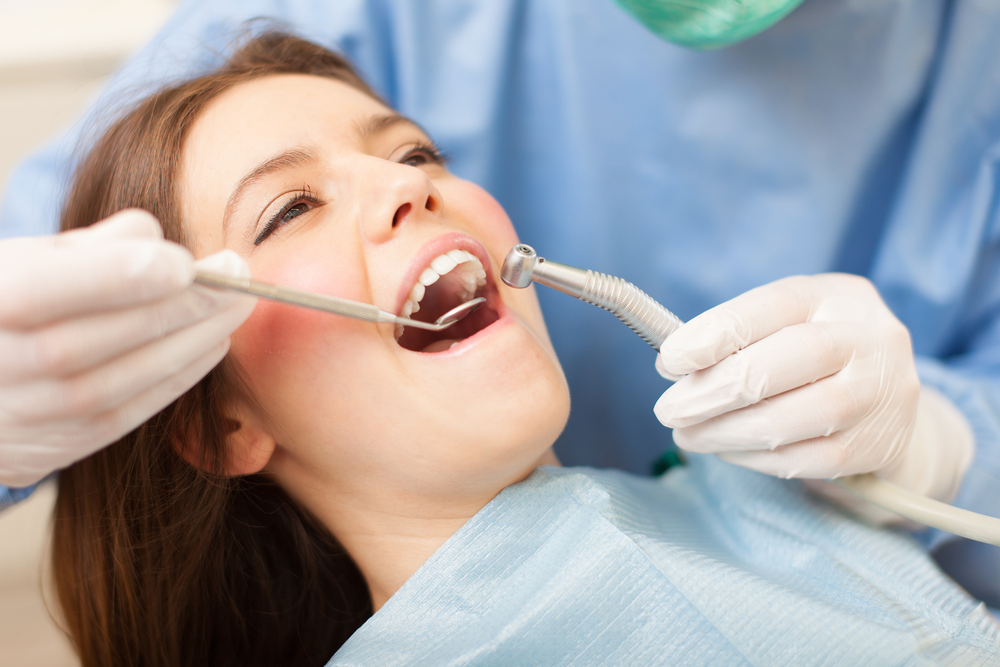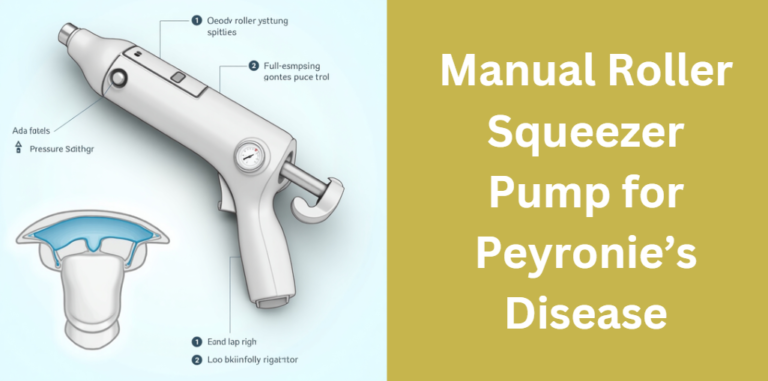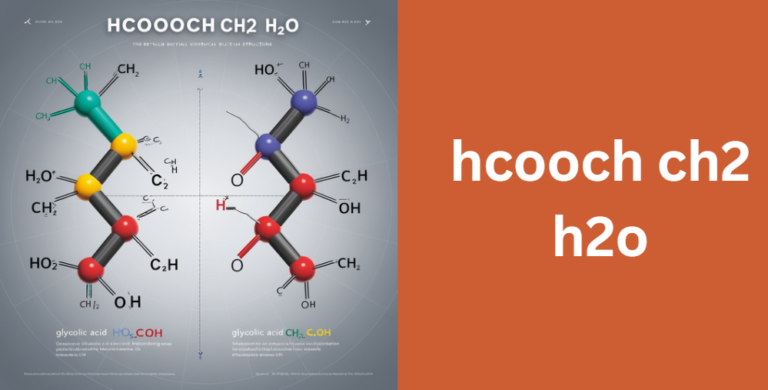The Role of Preventive Dentistry in Maintaining Oral Health
Maintaining good oral health reduces the risk of tooth decay and dental sensitivity. When your teeth are healthy, you are able to chew hard foods comfortably. One approach to oral care is to develop good oral habits like brushing and flossing. You should also visit your dentist regularly before larger issues arise. Here are the roles of preventive dentistry in maintaining oral health:
Treat Oral Issues Early
Regular dental checkups allow your dentist to monitor your oral health and identify problems like cavities, enamel erosion, or gum disease in their early stages. Your dentist uses diagnostic tools like X-rays to assess your oral health and spot issues that are not visible to the naked eye.
Early detection reduces the need for complex treatments, which helps to preserve your natural tooth. During scheduled dental checkups, your dental team also offers tips to improve your daily habits and prevent issues before they occur.
Protect Teeth From Plaque
Daily brushing and flossing remove food residue. Areas like between teeth and along the gumline are hard to reach with a toothbrush. This limitation may lead to the accumulation of plaque that hardens into tartar. During a checkup, the hygienist uses special tools to clean around each tooth and polish the surfaces.
This enhances the appearance of your smile and supports gum health. This thorough cleaning also helps prevent the progression of gum disease, which, if left untreated, can affect the bone supporting your teeth.
Reinforce Oral Hygiene Practices
Preventive dentistry includes personalized guidance on improving your oral hygiene routine at home. Your dental provider might recommend specific toothbrush types, explain proper brushing and flossing techniques, or suggest products that strengthen enamel.
The specialist will advise you on when to replace your toothbrush and how to spot early signs of issues like gum inflammation. These check-ins help you control your oral health and prevent disease between appointments.
Adopt a Tooth-friendly Diet
Preventive dentistry includes conversations about what to eat and what foods are harmful to your teeth and gums. Vegetables rich in fiber, dairy products, and citrus fruits help stimulate saliva production. The saliva naturally cleans the mouth and neutralizes acids.
Avoiding frequent consumption of sugary or acidic items helps reduce the risk of enamel erosion and cavities. Your dentist will also discuss how habits like smoking can increase your risk for gum disease and tooth loss.
Receive Regular Fluoride Treatments
Fluoride strengthens tooth enamel and reduces the risk of cavities. Fluoride treatments are commonly offered during routine cleanings if your dentist realizes you are at a high risk of tooth decay.
The concentrated fluoride applied by a hygienist is more potent than store-bought products and delivers long-lasting benefits.
Dentists may also recommend dental sealants for children or patients with deep grooves in their molars. This coating creates a physical barrier against decay.
Consult a Reputable Dentist
Visiting a trusted dental professional allows the provider to create a personalized care plan based on your medical history, risk factors, and lifestyle. Following the care plan helps you avoid frequent emergency dental visits. Partnering with a qualified dentist means you gain access to services like cleanings, digital X-rays, fluoride treatments, and personalized education. Schedule an appointment with a dental provider in your area today.






